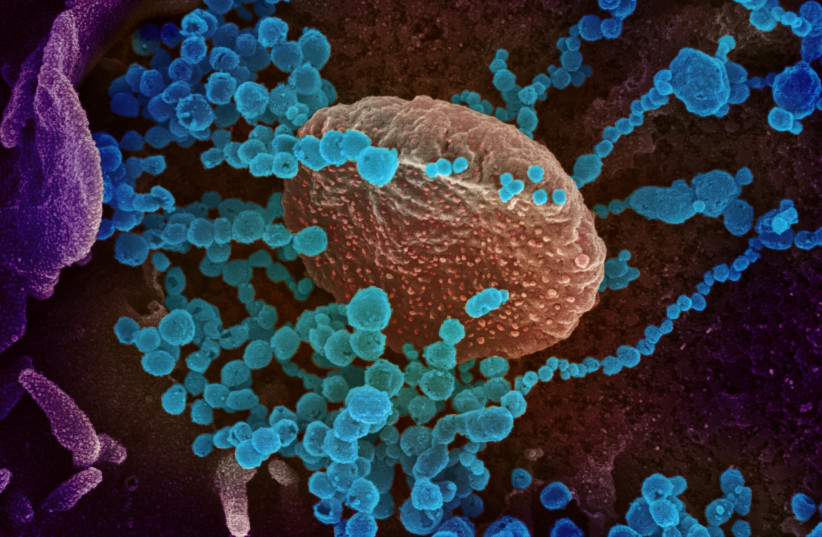Businesses that want, or need, to get people back into the office can take a page from some of the public facing organizations that have had no choice but to keep their workplace open — by testing, requiring masks and universal vaccines, a doctor told a roundtable of Boston business leaders.
"For some employers, they may want to push (start dates) back and wait to see how the winter surge plays out before bringing all their employees back to work," said Dr. Dan Barouch, director of the Center for Virology and Vaccine Research at Beth Israel Deaconess Medical Center.
"But for industries that really want or need employees back to work, then I think taking some lessons from industries that have had people at work, and how they have symptom checks every day, universal vaccination and universal masking, is probably a good playbook to start from," he continued.
At a Massachusetts High Technology Council panel moderated by Stephen Pagliuca, co-chair of Bain Capital and co-owner of the Boston Celtics, medical experts also expressed optimism that COVID-19 is already showing signs of transitioning from a pandemic to a more localized disease with smaller outbreaks.
Although scientists are still working to understand the omicron variant, it appears to be a highly transmissible, less virulent strain of the virus, according to Dr. Adam Koppel, managing director of Bain Capital Life Sciences.
This means it infects more people, but its effects are less severe, which Koppel called "the ideal situation for a virus."

"If this spreads out and becomes the dominant strain, it may — it may — enable us to more quickly get to an endemic state as opposed to a pandemic state where we can live more regularly with the virus more similar to the flu than what COVID has looked like," he said.
And even though the panel predicted COVID would stick around instead of being eradicated altogether, they didn't recommend shutting down a mostly normal life in the meantime.
"We have to get back to normal life, right? We can't allow this virus to really change the way we live for a decade," Koppel said.
More advanced therapeutics, especially "oral, direct-acting antivirals" for the disease, such as those in development by Merck and Pfizer, will aid in that transition, he said.
In the meantime, the panelists said Bay Staters should return to some semblance of a normal life by the start of the next school year or earlier.
"I'm really hoping that by the start of the next academic school year, we can be smart with masks, we can start the Pfizer and other (oral) drugs, and have a better understanding of how to use the antibody, and maybe (have) the next generation of vaccines," Koppel said.
